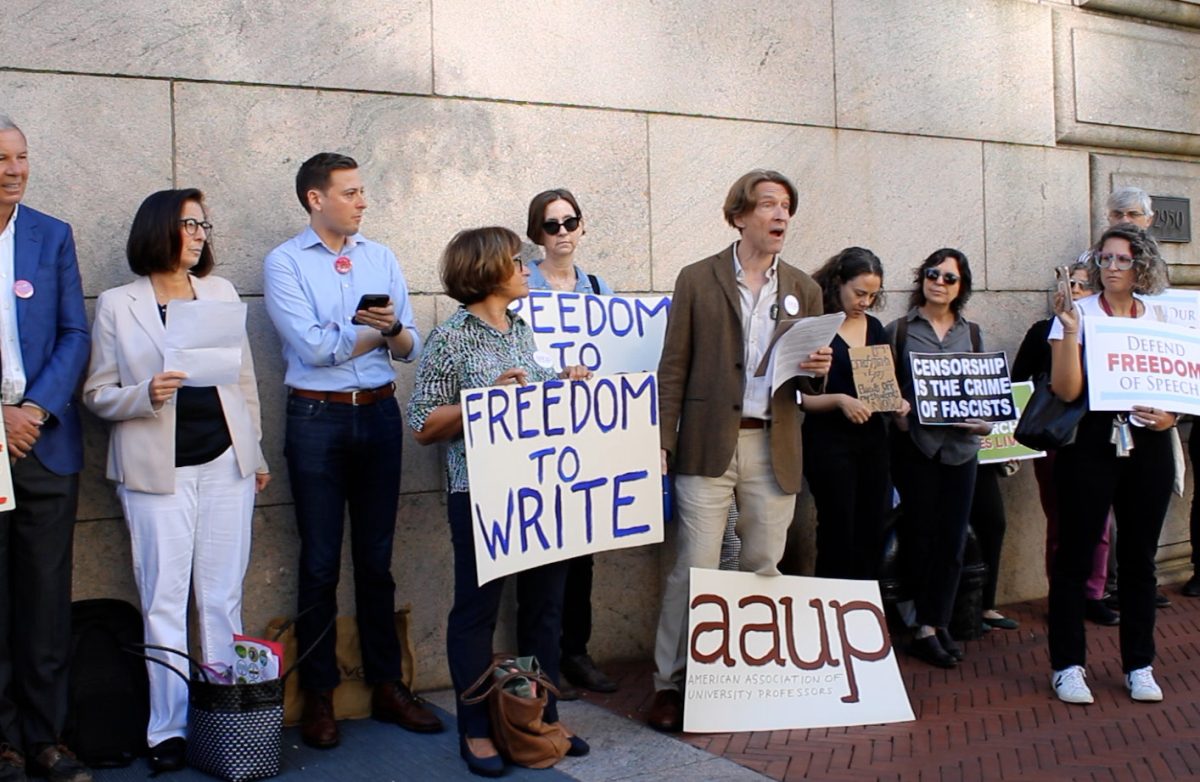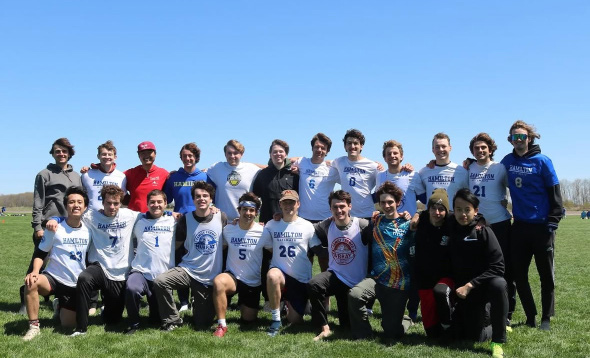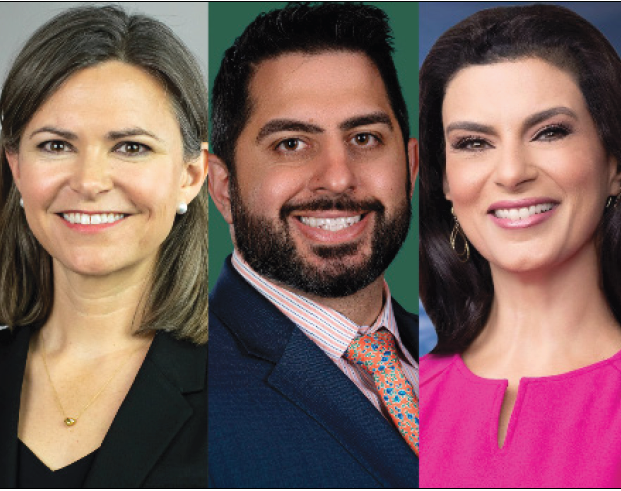
In the back of a black Mazda sedan on the way back from a rock climbing trip, I posed the question.
One of the passengers was a junior, an EMT, and one of the few premeds who made it past first semester of their freshman year. The other, our driver, was a senior studying education, who was planning to present a project on self-care to the student body the following week. The driver was nervous, as her groupmates were not completing their share of the work on time. Ironically, the self-care workshop she was creating was inducing a great deal of stress. The workshop ended up being cancelled at the last minute, and the secrets of self-care remained elusive to me.
I had never heard the term “self-care” before my arrival at Hamilton College in the fall, and my first impression was one of sardonic condescension. “These millennials will come up with any reason to justify their laziness, it’s a disgusting culture of indulgence and consumption that this generation propagates,” I thought, failing to remember that as an eighteen year old attending an outrageously expensive liberal arts college, I was one of “these millennials.”
To me, it seemed like an excuse to blow off work under the guise of mental health. After all, my parents never had the option of turning in a paper late because they were concerned about too much stress. Deadlines are deadlines, and in the real world, those need to be met. Is there room for self-care at a law firm? A hospital? A nonprofit? The concept of self care seemed to forget the fact that in the professional world, we are all replaceable. In a competition between someone who misses a deadline in the interest of their emotional health and someone who gets the job done on time, who is an employer going to choose?
And so I posed the question, “is self-care bullsh*t?” The response was swift. “Self- care is the decision to go to bed and get some sleep instead of doing a reading.” The argument was that the school year is a marathon, not a sprint, and in order to maintain consistent performance for the whole year, one has to remain mentally and physically fit. It is in the interest of both the student and the quality of work produced to practice self-care, as a burnt-out worker will produce subpar work.
This presents an interesting dichotomy and represents a significant generational gap. Is it better to hand in poor work on time, or hand in good work late? This question can be derived from the concept of emotional intelligence. In our parents’ day, the modus operandi was practicality. Finish your work on time, graduate, settle down, have kids, die. This Ozzie-and-Harriet-esque ideal was the benchmark for success in America during the last century, and this system failed to account for the emotional health of its constituents.
Take my father, for example. Raised in a strict Catholic household by strictly Catholic middle class parents, his emotional health was his last priority. Some may argue that this is what allowed him to be successful — you do not make it through law school without a fair deal of grit. He tells me stories of how while he was studying for the bar exam, he would lock himself in a room in the New York Public Library from seven in the morning until midnight every day for six months, fueled solely by caffeine and a healthy dose of rigid, Catholic determination. So where would self-care fit into this equation? Where would he be if he took time off to take care of himself and make sure he was healthy?
According to my climbing friends in the black Mazda, probably exactly where he is now. The perception of self care as laziness fails to account for one hugely important factor — the effect that emotional health has on the quality of a person’s work. If in the modern day we all adhered to the traditional bastions of emotional rigidity, we would burn out. Adults ages 18–24 have the highest rates of volunteering out of any preceding generation.
Double majors are becoming increasingly common, and as competition for jobs increase, so does academic rigor. Many students now supplement skyrocketing tuition costs by holding down multiple jobs at once, juggling studying with trying to cover the exorbitant costs of private education. Beyond that, the concept of summers being “free time” is dead, and students are sacrificing their camp counselor positions in favor of competitive internships. On top of all this, students are being reprimanded by older generations for their supposed “apathy.”
So if we hold students now to the standards of the past, they are sure to crumble under the pressure. This is where self-care is differentiated from laziness — laziness is a choice, self-care is a necessity.
Now, none of this is to say that millennials are the perfect generation. We are self-obsessed, whiny, politically unmotivated “snowflakes” who are too quick to assume the role of the victim and too wrapped up in our phones. But, in the case of self care, we are not being lazy. We are just doing everything we can to keep our heads above water in a complicated and vicious world.
In the 1988 novel
A Burst of Light
, Audre Lorde wrote that “caring for myself is not self-indulgence, it is self-preservation and that is an act of political warfare.” Care for yourselves, but meet your deadlines. You do not deserve special treatment, but what you do deserve is to give yourself a break every once in while. So remember: take time to ensure you are emotionally stable, but do not neglect your work under that pretense. Best of luck with finals.

















